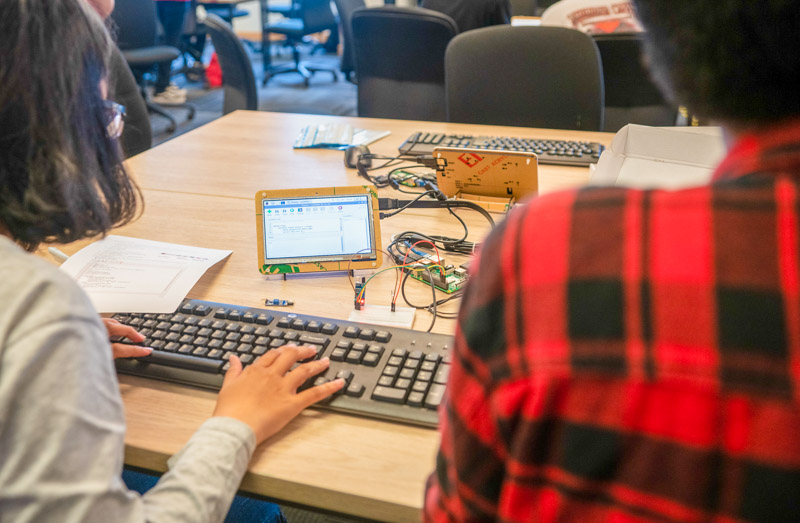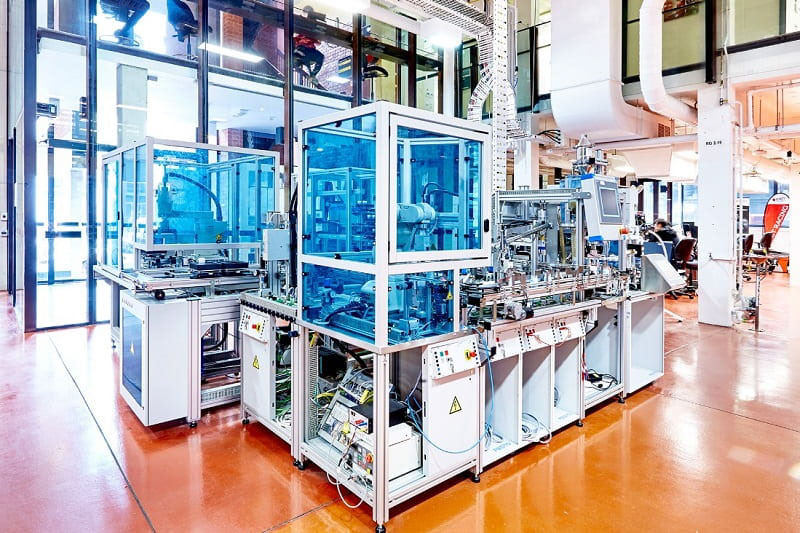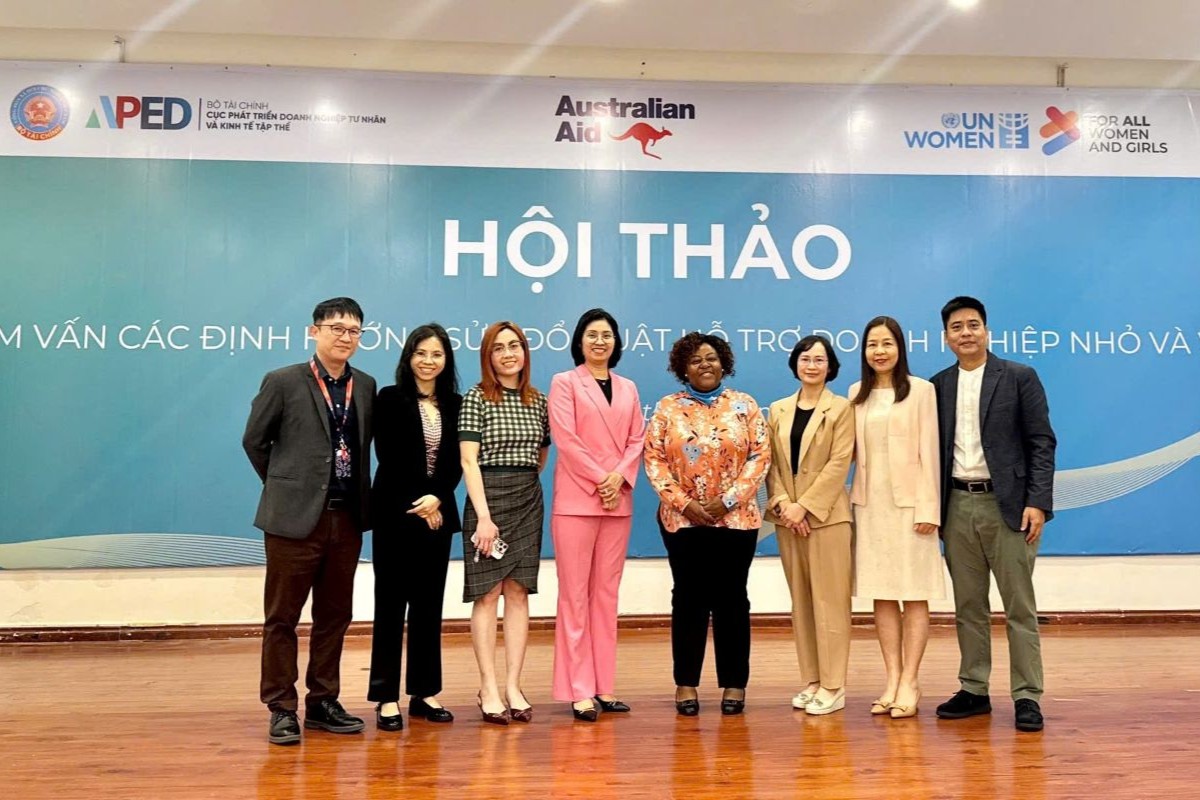Siemens Australia Chairman and CEO, Jeff Connolly said he was excited by the possibilities of this announcement.
“Although Germany’s concept of Industry 4.0 (fourth industrial revolution) initially described the future of manufacturing, it has become clear that there are significant implications for energy, healthcare, transport, building and construction, engineering, and sustainability industries also - all part of RMIT’s and Professor Subic’s broader partnership approach,” Mr Connolly said.
“COVID-19 is forcing businesses all over the world to look for new ways to keep our economic engines running. The university sector has been hit by the pandemic also, so like other industries, they also need to innovate and evolve during this time. No doubt the software grant will support RMIT to continue the constant drive to innovate their models and offerings and to ensure an even greater connectedness to industry.
“Digitalisation has no borders and we have to learn how a nation’s economy can participate and thrive and be resilient in the global economy. This requires new ways of thinking, new ways to collaborate and new skills across the entire spectrum of the workforce,” Mr Connolly said.
The new Industrial Digital Innovation Hub will be managed out of the RMIT Advanced Manufacturing Precinct in Melbourne. In Vietnam, RMIT and Siemens in partnership with Festo will establish a dedicated digital innovation laboratory at RMIT’s Saigon South campus that will act as a node of the global hub.
The lab will not only expose RMIT students in Vietnam to leading industrial software but also engage local industry in workforce development and Industry 4.0 projects.
RMIT University (Vietnam) Dean of School of Science & Technology Professor Julia Gaimster expects the new hub to “bring a competitive advantage to RMIT students in Vietnam, helping them come out on top of the country’s emerging digital workforce”.






